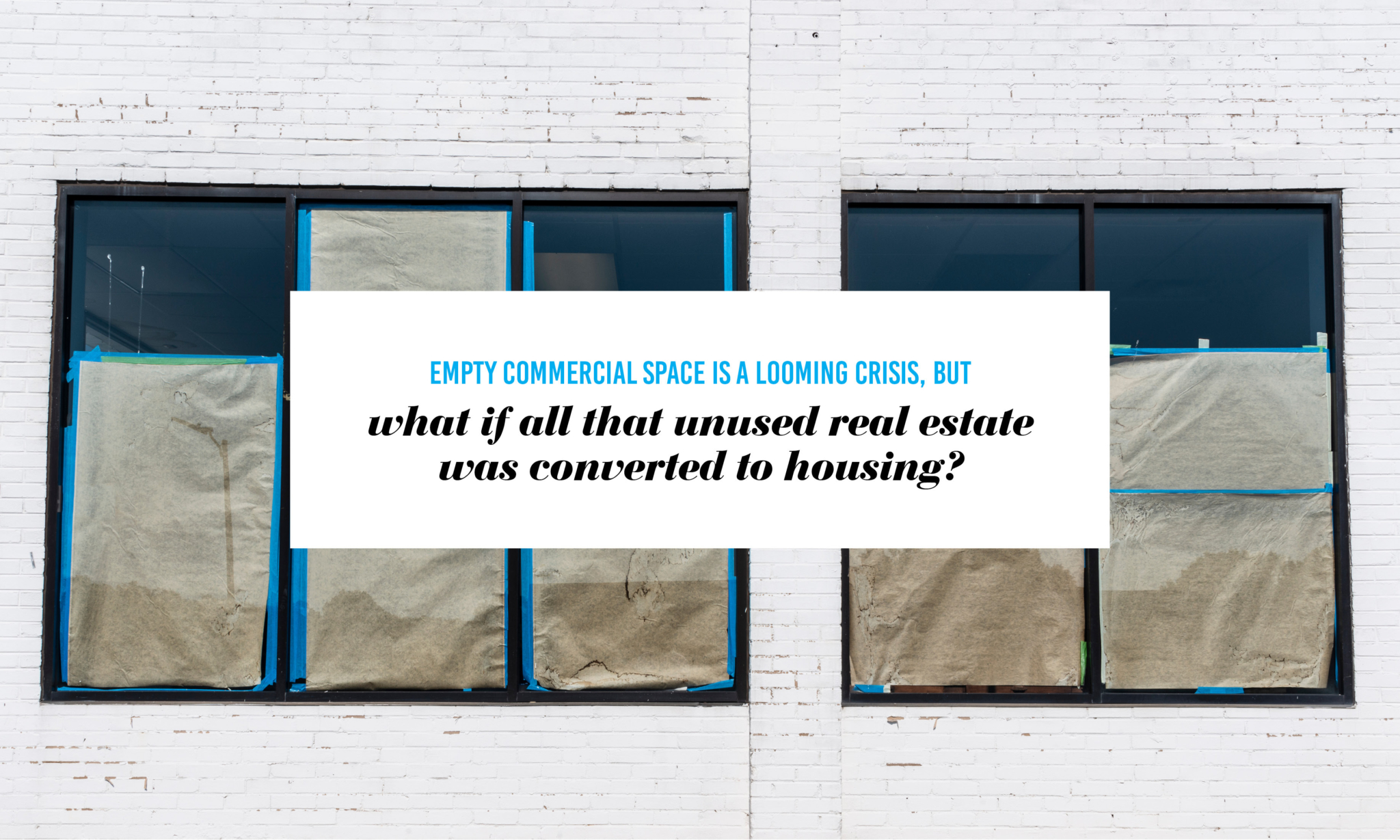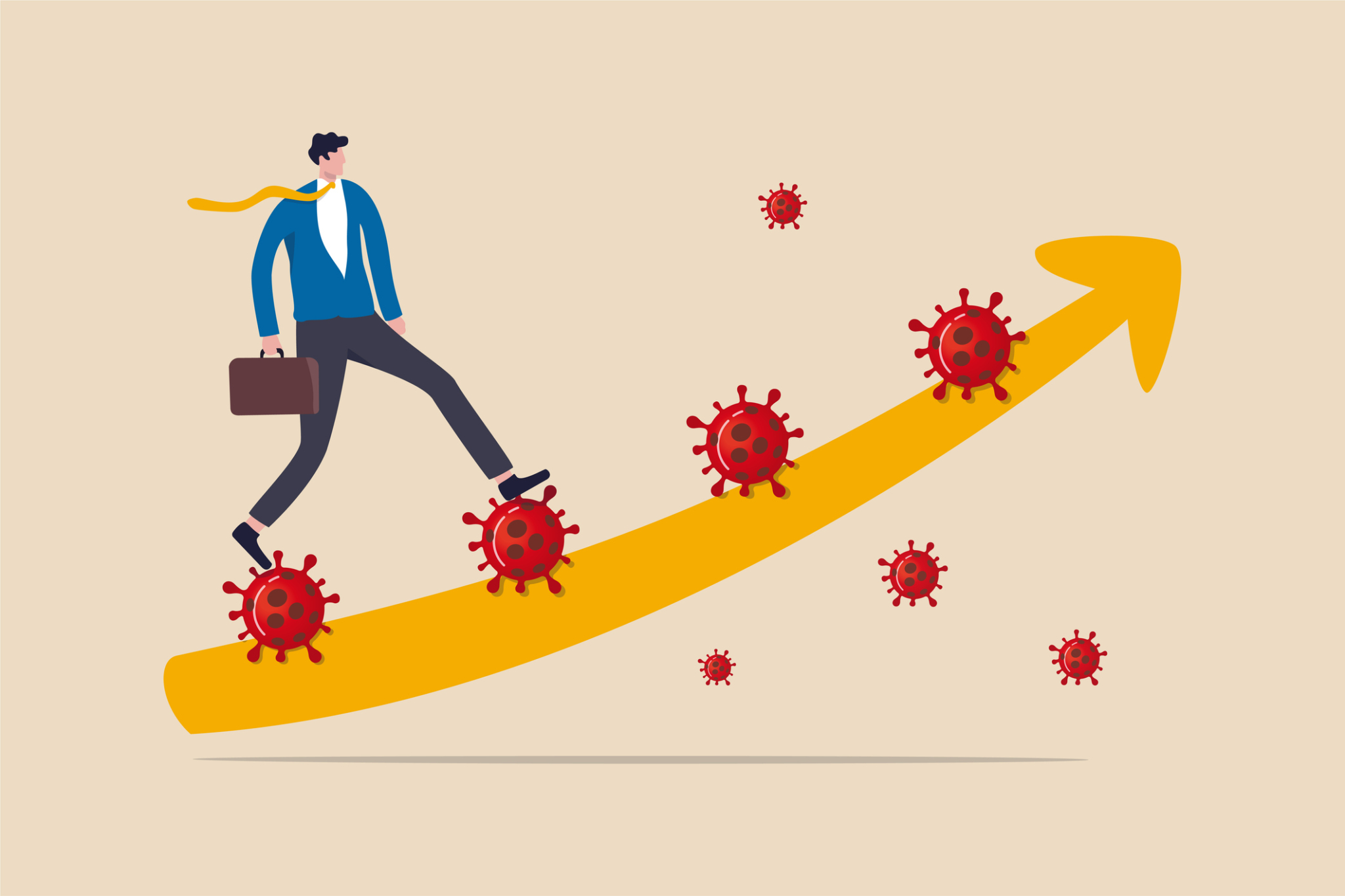Trends
For data-driven stories, to appear under “Trends” menu

There are 5.7 million “missing” households since the Great Recession, a fact likely to boost housing demand for at least the next several years.

Empty commercial space is a looming crisis. What if all that unused real estate were converted to housing?

A new report from CoreLogic shows higher-priced rentals returned to 2019 growth rates while the lower-priced tier continues to lag.

“COVID-19 cases are on the rise and there is increasing likelihood of a further impact on economic activity, which may trigger a corresponding increase in unemployment in impacted industries,” says First American Chief Economist Mark Fleming.

A new report from NAR points to changes in homebuyer and home seller behavior brought about by the pandemic.

The decision to rent or to buy was once a question of finances and lifestyle preferences, but the coronavirus pandemic has added yet another complex layer to the equation for many Americans.

The third quarter was like a game of musical chairs for many who are abandoning large cities for more affordable areas of the country. See what’s happening in Boston.

Areas hit hard by the pandemic could see a wave of zombie properties once the federal ban on foreclosures expires.

Another 16% of U.S. residents would consider leaving the country if their candidate loses, up from 9% in 2016.
The new S&P CoreLogic Case-Shiller Home Price Index reveals record-breaking August for home sales, up 21% over the 2006 pre-Great Recession high.

A new report from Coldwell Banker Global Luxury captures the changing demographics and preferences of luxury buyers.

“It’s almost as if the housing market and the overall economy are operating in different worlds.” — Todd Teta, chief product officer at ATTOM Data Solutions

The median price of a single-family home on the market in Massachusetts was up nearly 20% compared to a year ago.

“The slight decline in bidding wars (nationally) is largely a reflection of a seasonal cooldown, which typically starts in the late summer but was delayed by a few months this year,” said Redfin chief economist Daryl Fairweather.

“Sellers are responding to market demand listing their house, but inventory keeps dropping as buyer demand is at an all-time high,” — CCIAOR Ceo Ryan Castle

Homesellers continued to sell homes to each other in September, making the market resemble a game of ‘housing musical chairs,’ according to First American chief economist Mark Fleming.
